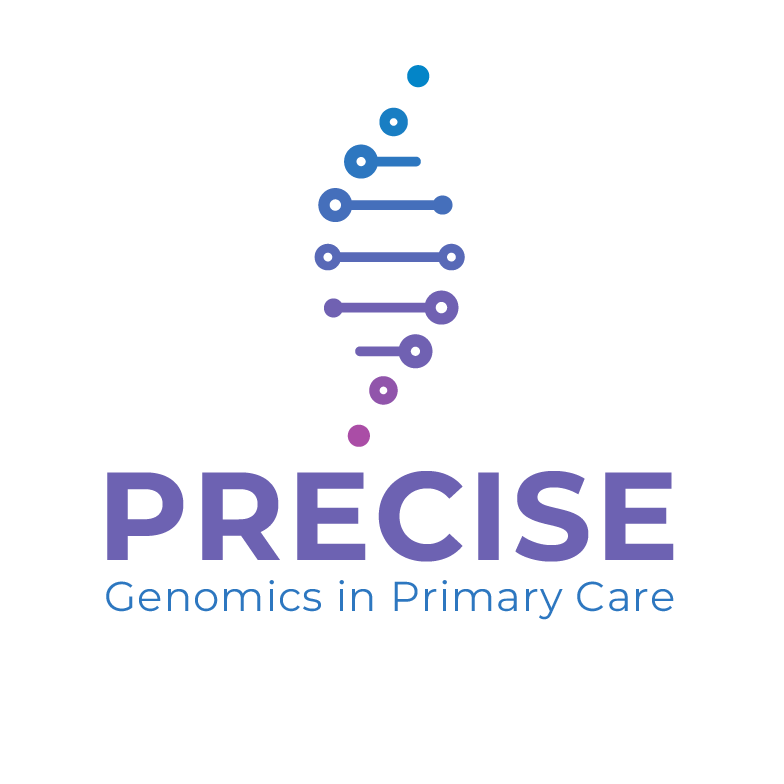
Beyond Skin Deep: Unravelling the challenges of managing eczema
Join Dr Artiene Tatian, dermatologist and Ms Melanie Funk to discuss the impact and burden of eczema on individuals and practical tips for managing patients with eczema. Hosted by Medcast medical adviser, Dr Kate Annear.
About the Podcast
Eczema is an increasingly common condition that is often managed in the primary care setting. It usually presents early in life and is often viewed as a minor condition. However, this belies the reality that for many sufferers, eczema can be a debilitating chronic condition. Ongoing management can be complex, time-consuming, and expensive, with patients and their families experiencing physical, mental, emotional, and financial burdens.
This podcast covers:
-
The impact and burden of eczema on individuals and families in Australia.
-
Some of the challenges that health professionals are facing in treating patients with eczema.
-
Some practical advice that health professionals can take home including clinical tips and suggested resources to use with patients.
-
We will also be introducing the QUM Alliance eczema program and the educational activities that will follow in the coming months.
This podcast is brought to you by Medcast and the Quality Use of Medicines Alliance.

For more free Quality Use of Medicines education, check out QHUB on Medcast

With one in three young Australians experiencing a mental health condition each year, and suicide remaining the leading cause of death for 16 to 24-year-olds, the way clinicians approach antidepressant use in teens and young adults has never been more important.
Discover practical strategies for GPs to identify and manage anxiety and depression in adolescents, balancing non-pharmacological care with thoughtful, evidence-based prescribing when needed. Find out how the Quality Use of Medicines Alliance is helping health professionals navigate this complex area with new clinical tools, national education programs and expert-led insights.
Explore the PRECISE project and how genomics is shaping general practice, with insights on reproductive screening, general genetic testing, and practical tools to support GPs in everyday care.

